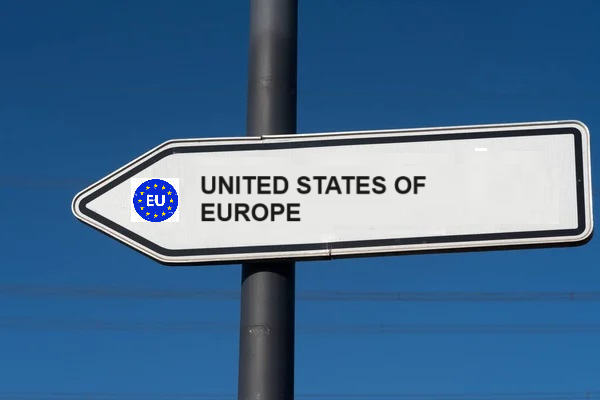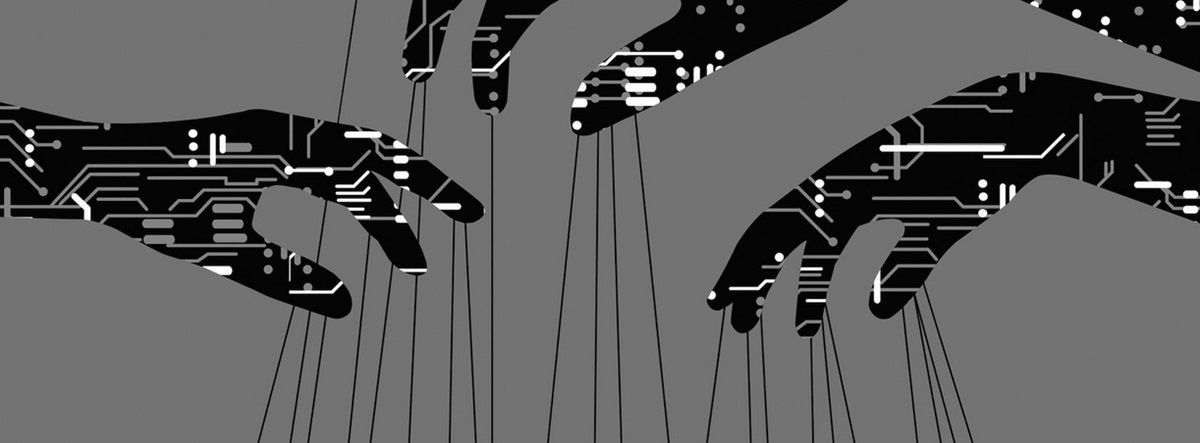Ostrzeszów/Poland 11/11/2023
Entire blog as a free PDF eBook.
Today marks 105 years since Poland regained its state sovereignty after a long absence. If we had the opportunity today to ask what the then Polish citizens thought of the idea of delegating decision-making regarding this sovereignty to foreign offices, there is no doubt what answer we would receive.

Digital identity and the abolition of cash. Source. This article was published on Thursday on the German platform Ansage.org.
On Wednesday, EU Single Market Commissioner Thierry Breton celebrated on Twitter what he considers to be the latest Brussels achievement – namely the “European digital identity wallet ”. With this digital proof of identity, or eID ”, all European citizens have had a “sealful electronic identity” for their lives. He also raved about a “giant step” and a “ world premiere ”.
I know that most readers, myself included, are outraged by the idea of introducing a digital identification number. I would like to present the pros and cons arguments very objectively.
The reasons for introducing such a European ID are:
- Reducing bureaucracy in documenting the identity of citizens of all EU countries. In the future, it will be sufficient to present the eID card in any office without presenting any documents (passport, driving license or ID card) to prove your identity;
- Less paperwork and office work, which significantly speeds up the processing of official matters;
- Quickly access data that was previously scattered across many independent computer systems. For example, a doctor will achieve findings ordered not only by him but also by other specialists more quickly:
- If the anonymous data of EU citizens is collected in a central database, the governments of individual countries that have access to this data will be much better able to make decisions for the benefit of their citizens. Of course, assuming that these governments have good will.
These advantages will certainly convince those who value comfort more than freedom. The following arguments illustrate the disadvantages of this solution:
- The term “glass citizen” describes a situation in which the state has practically all important information about all citizens. There is no way to protect your data from access by authorities. Not even those who are not allowed by law to have access to the data. The police officer can then not only check your account balance and all transactions, but also has access to information about what and when you buy, which gas station you fill up at or where you go by bus or train;
- The digital identification number eID is a necessary prerequisite for the introduction of digital money and the simultaneous elimination of existing paper money:
- Ability to block access to a bank account for “politically insecure” citizens, i.e. citizens who criticize the government;
- Ability to block a passport for “politically insecure” citizens, i.e. citizens who criticize the government; From January 2024, only biometrically identified people will be allowed to enter Singapore; Source.
- In the event of identity theft, all of the victim’s data is available to the criminal, facilitating not only access to money, but also the conclusion of new loans and, perhaps even more dangerous, the commission of crimes in the name of the injured person;
- If there is a blackout, you will not be able to shop or do any official business. In residential areas where eID checks or biometric scanning have been introduced for security, it is not possible to enter your own home. Devices require electricity to function. Without internet, a local generator is not enough.
The digital ID is not yet approved. It must be validated in the European Parliament.
Most of the information in this article comes from this YouTube vlog in German.

<If you like what I write here, it would help a lot to further spread these articles if you share them with your friends on social media.
Author of the article: Marek Wojcik
Email: worldscam3@gmail.com
